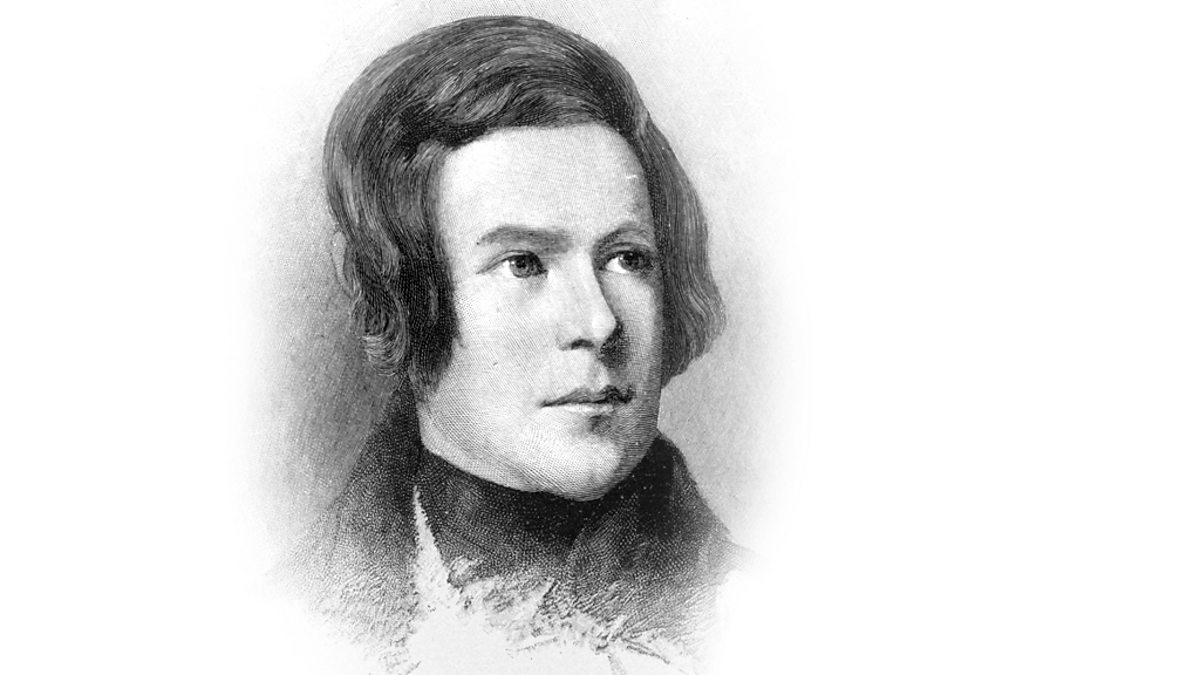I like the idea of a CotW based around the literary influences on a composer. I thought it would have been a good idea for an R3 special evening - in the days when they did such things - to have had a series of programmes based around the early Romantic movement in Germany, incorporating poetry readings and discussions about writers and painters, framing the music of the composers who responded to these extra-musical ideas. After all, doesn't it help when listening to, say, Schumann's Manfred overture to know something about the Byron poem, to hear something from it?
It's interesting to compare the powerful response of composers of this period to the famous writers with the rather indifferent response of the writers to the musical settings they inspired. Goethe failed to acknowledge Schubert's songs inspired by his poems, and Heine failed to acknowledge Schumann's work. Was this cold response partly due to a justifiable suspicion that the power of the music might in some cases overwhelm the poetry, so that it was the song and not the poem that everyone remembered? Would Heine's Lyrisches Intermezzo be well-known now but for the Dichterliebe?
It's interesting to compare the powerful response of composers of this period to the famous writers with the rather indifferent response of the writers to the musical settings they inspired. Goethe failed to acknowledge Schubert's songs inspired by his poems, and Heine failed to acknowledge Schumann's work. Was this cold response partly due to a justifiable suspicion that the power of the music might in some cases overwhelm the poetry, so that it was the song and not the poem that everyone remembered? Would Heine's Lyrisches Intermezzo be well-known now but for the Dichterliebe?





Comment